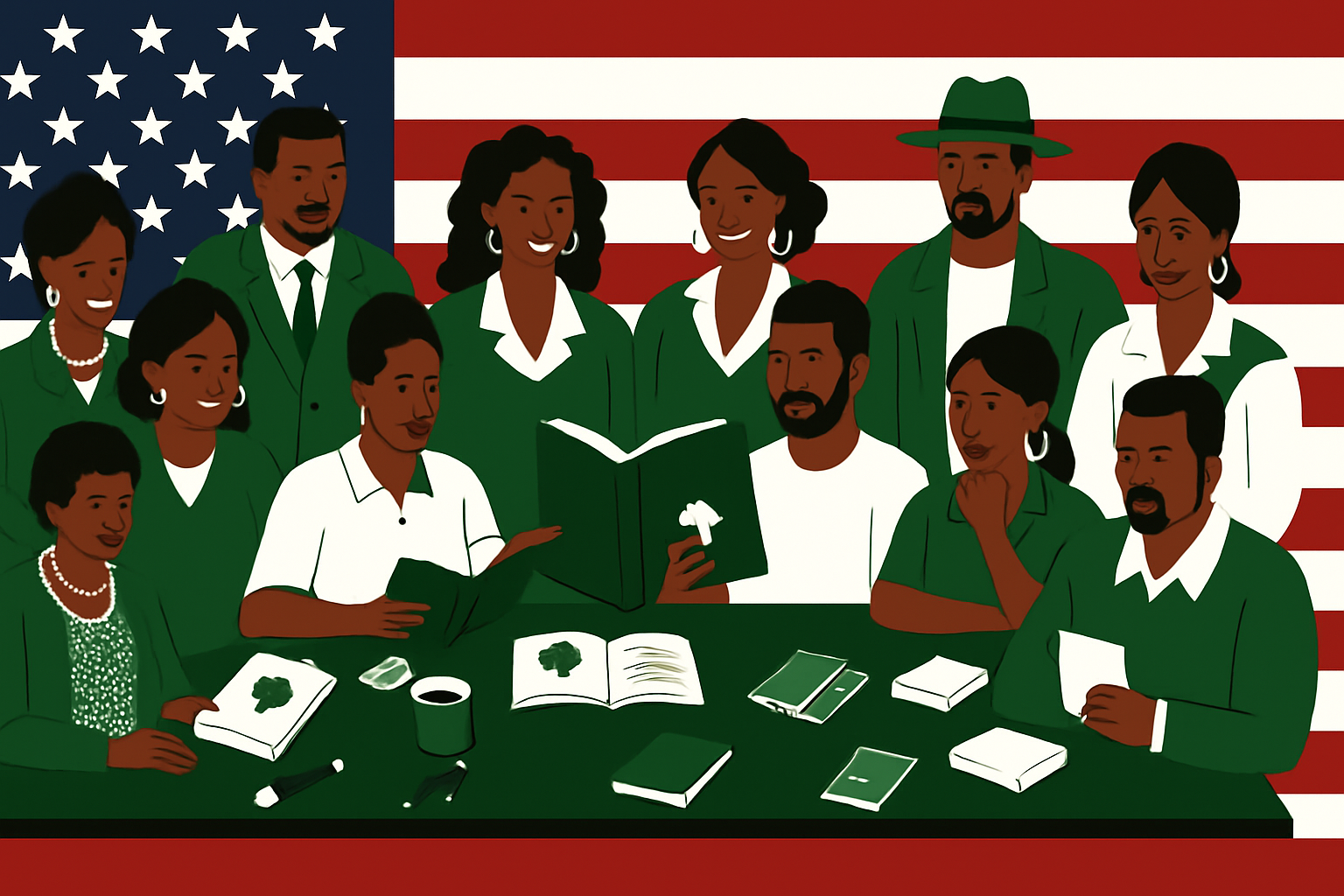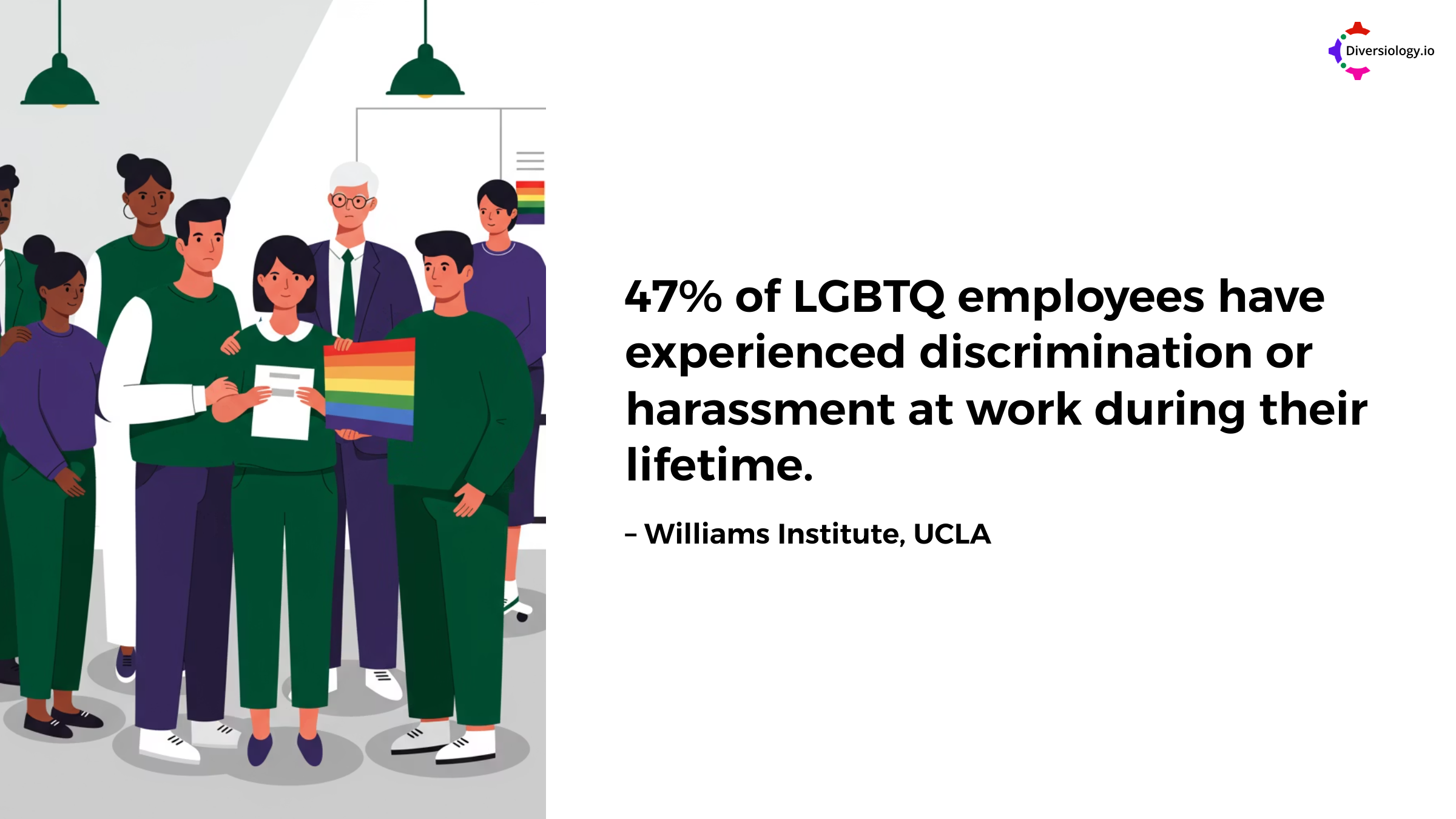Reflecting on a TV Titan’s Legacy
This week’s hot topic dives into the life and legacy of Norman Lear, a titan in the television industry who recently passed away at 101. Born on July 27, 1922, in New Haven, Connecticut, Lear’s journey wasn’t one of mere glitz and glamour. It was a path carved through personal struggles, including the impactful experience of his father’s imprisonment for fraud, and his own valiant service in World War II. These experiences didn’t just shape the man; they molded the storyteller.
Norman Lear: The Storyteller and His Journey
Transitioning into a television career in Los Angeles, Lear wasn’t just another creator in the bustling city of stars; he became a narrative architect who built over 100 shows, shaping and sometimes shaking the very foundation of American culture. His works, frequently featured on CBS, were more than entertainment – they were reflections, confrontations, and sometimes uncomfortable truths about the society we live in. With six Primetime Emmy Awards, two Peabody Awards, and the National Medal of Arts under his belt, Lear’s impact is undeniable. But here’s the lingering question – was this impact wholly positive?
The Controversial Canvas: Lear’s Groundbreaking Shows
As we delve into six of his most groundbreaking shows, we’re not just revisiting episodes; we’re reopening debates. Was Norman Lear an impactful ally who used his platform to challenge and change societal norms, or was he a culturally insensitive capitalist, profiting off the very issues he highlighted? This isn’t just a retrospective; it’s a reevaluation of a legacy that’s as complex as it is controversial.
All in the Family (1971–1979) weaves the tale of the Bunker family, headlined by Archie Bunker, a working-class, outspoken bigot, and his more understanding wife, Edith. Set against the backdrop of societal issues like racism, sexism, and homosexuality, the show often features heated debates, particularly between Archie and his liberal son-in-law. Archie epitomizes the stereotype of the conservative, bigoted white American, challenging viewers’ perceptions. The episode “Sammy’s Visit” stands out as a hallmark of controversy, where Sammy Davis Jr.’s unexpected kiss with Archie Bunker humorously yet poignantly confronts racial prejudices, making a bold statement on race relations.
In Sanford and Son (1972–1977), the story unfolds in Watts, Los Angeles, where Fred Sanford, a grumpy junk dealer, and his son Lamont navigate economic hardship, familial dynamics, and racial discrimination with humor and heart. The series often stereotypes black men as sly and lazy, playing into comedic tropes. Its episode “The Puerto Ricans Are Coming!” brings to light stereotypes and tensions about Puerto Rican immigrants, provoking thought and controversy regarding race and immigration.
Maude (1972–1978), a spin-off from “All in the Family,” tells the story of Maude Findlay, a middle-aged, outspoken feminist. The show delves into topics like women’s liberation, abortion, and politics, challenging the era’s traditional perceptions of women. It often portrays feminist women as overbearing, juxtaposing their roles against conventional expectations. The two-part episode “Maude’s Dilemma,” dealing with abortion, became particularly controversial, reflecting the societal tensions around the original Roe v. Wade decision.
Good Times (1974–1979) focuses on the Evans family living in a Chicago housing project, grappling with poverty, gang violence, and discrimination, while emphasizing their close-knit relationships. The sitcom stereotypes African American youth as either comedic or simplistic. Its episode “The Big Move,” controversial for its portrayal of death and its impact on a low-income African-American family, narrates the challenging reality of James Evans’ death, adding a somber depth to the show.
Set in an upscale Manhattan apartment, The Jeffersons (1975–1985) chronicles the life of George and Louise Jefferson, exploring themes like race relations and social mobility. The series often caricatures African American men as loud and brash. One of its most talked-about episodes, “Sorry, Wrong Meeting,” boldly tackles the subject of racism and hate groups, depicting a storyline involving the Ku Klux Klan, marking a direct and controversial approach to such sensitive topics.
One Day at a Time (1975–1984) revolves around Ann Romano, a divorced mother, and her daughters, exploring feminism, divorce, and single parenting. The show portrays single mothers as overwhelmed by parenting challenges, reflecting societal attitudes. The episode “Barbara’s Crisis” delves into teenage sexuality and pregnancy, a controversial and bold narrative choice for its time.
The Intersection of Art and Capitalism
While it was difficult to ascertain any exact revenue figures from Norman Lear’s company or CBS’ profit from these show in 1985, Lear and his partner Jerry Perenchio sold their company, Embassy Communications (formerly T.A.T. Communications), to Coca-Cola for $485 million, indicating the significant value of their entertainment ventures.
Reflecting on Norman Lear’s legacy leaves us standing at a crossroads of cultural reflection and societal critique. As a TV legend, Lear wasn’t just a man behind a camera; he was a storyteller who dared to hold up a mirror to society, exposing its flaws and beauty alike. His shows like “All in the Family,” “Sanford and Son,” and “The Jeffersons” weren’t just sitcoms; they were dialogues, debates, and sometimes uncomfortable confrontations with the realities of racism, sexism, and the struggles of the everyday American.
But here’s the catch – as much as Lear opened doors and pushed boundaries, his work, like all art, is not immune to criticism. It’s hard to overlook that amidst the laughs and lessons, some of his portrayals might have unintentionally reinforced the stereotypes they aimed to dismantle. And then, there’s the aspect of commercial success – was Lear’s journey in television a mere pursuit of capitalist gains dressed in the robes of social advocacy?
This brings us to the heart of the matter: was Norman Lear an impactful ally in advocating for social change, or was he a culturally insensitive capitalist, profiting from the societal issues he portrayed? It’s a question that doesn’t have a straightforward answer. It’s complex, much like Lear’s shows, and perhaps, that’s exactly how it should be.
I believe we change the world one story, one conversation, one action at a time. Lear’s stories were his conversations with the world, and they certainly sparked actions – in living rooms, in writers’ rooms, and in the very fabric of our society. So, as we look back on his legacy, I invite you to ponder – how did Norman Lear change your world? Was he an impactful ally or a culturally insensitive capitalist?








